Nutrition for Runners: How to Reduce Sugar Intake
There is one element of nutrition for runners that deserves a more in-depth look at and that is how to reduce our sugar intake!
A lot of marathoners and half marathoners have the idea that since they run long distances they don’t have to watch what they eat too closely. They believe they will just burn through the debris of bad foods when they go out on their next long run.
Perhaps they are not taking their nutrition for runners seriously enough.
Unfortunately the ramifications of bad eating linger and can show themselves in many areas.
Sugar addiction is real.
Not only real enough to make you feel lousy and wanting more sugar but even real enough to kill you slowly but surely.
Our bodies have become so accustomed to eating large amounts of sugar and trying to process it all that we don't stop to realize the damage we are doing.
Let's look at some facts.
How Much Sugar Should We Have in a Day?
The American Heart Association says that we should limit our sugar intake to 6-9 teaspoons of added sugars every day.
A typical recommendation is to max out at no more than 7 teaspoons of sugar per day.
There are 4 grams of sugar in a teaspoon so the MAXIMUM amount of sugar that we should have per day is 28 grams of sugar (4 x 7 =28).
How Much Sugar are We Eating?
On average, we Americans are consuming…22 teaspoons of added sugars every day.
That is roughly 132 pounds of sugar in the course of the year.
(Compare that to the 1700's when the yearly average was only 4 pounds of sugar!)
But as nutrition for runners go, should we care?
Reasons to Avoid Sugar
- Increase risk of Type 2 Diabetes
- Heart Disease
- High Cholesterol
- Depression
- Migraines
- Energy Loss
- Premature Aging
- Lowers Immunity
- Dental Problems
- Obesity
- Cancer
Tips to Reduce Sugar Intake
1. Eat an only protein or a high protein breakfast.
This will fill you up and reduce your chances of having a mid-morning energy slump that is so common after a high carbohydrate meal.
Some suggestions:
- plain Greek yogurt,
- eggs
- cottage cheese
- Kodiak pancakes
Nearly every day I will have a scrambled 3 egg veggie omelet and I have found that it is the best way to get my eating for the day off to a strong start!
2. Eat a baked potato 3 hours after dinner.
This is a recommendation from Dr. DesMaisons of Potatoes not Prozac.
But why?
Apparently it stimulates insulin release and is high in potassium.
Unlike most carbs, potatoes insulin response is more stable which means that sugar cravings and mood swings will be reduced.
Interesting...
3. Eat protein with your dessert.
This will also help to reduce a rapid spike in blood sugar levels and will give a more stable insulin release.
It's easy to do to:
- have a glass of milk with your brownie
- eat a good piece of cheese with some berry trifle
- have nuts with chocolate
- have milk with cookies
4. Drink lots and lots of water.
Water will help to keep you full and satisfied.
Drinking lots of water is also a good thing to do after you have over-indulged in sugar as it will help clean it out of your system faster.
Also, its just a staple in nutrition for runners!
5. If you are craving a high sugar food eat a piece of fruit to satisfy your sweet tooth.
It will take a little while to build up to accepting fruit as a sugar but once you do you will find that you crave those healthy sugars found in fruits, more and more.
6. Don't drink your sugars.
By far some of the foods highest in sugars are drinks such as soda, sports drinks and many juices.
Your maximum sugar allowance for the day can be filled by drinking some of those drinks!
Check this page out to see if your sports drink is "good" fuel for your body and if not what some healthier alternatives are.
Also, some people will say that fruit juice is fine because it only contains natural sugars.
Yes and no.
There is such a high concentration of those natural sugars that you will still have an unhealthy insulin spike. At the very least try to dilute it if you don't want to avoid it altogether.
7. Eat a small portion, put the rest away and savor it.
Sometimes it is better to indulge a little than to completely go cold turkey and risk a sugar binge session later.
If your favorite cake is right there, have a piece and reward yourself a little for your efforts.
After you have served yourself though, remove yourself (or the cake) from close proximity, sit down and take small, savoring bites.
Your mind really only wants you to "just taste it" and a small portion can satisfy the urging.
8. Do not rely on sugar-free foods.
So you found some sugar free desserts that taste pretty good but...that does not mean that they are a healthier alternative.
A lot of sugar free foods make up the omission of sugar by either lots of fat, sodium, or other harmful chemicals and additives.
These can make you crave sugar even more!
9.Try Stevia!
This is a natural zero calorie sweetener that comes from the herb, Stevia.
It does not spike blood sugar levels and is 200-300 times sweeter than sugar which means you only need a little bit.
This is what I use to sweeten up my coffee!
Some people really do not like the aftertaste. I have never noticed it but my husband does and refuses to eat it. However, it's more than worth substituting with it if you like it!
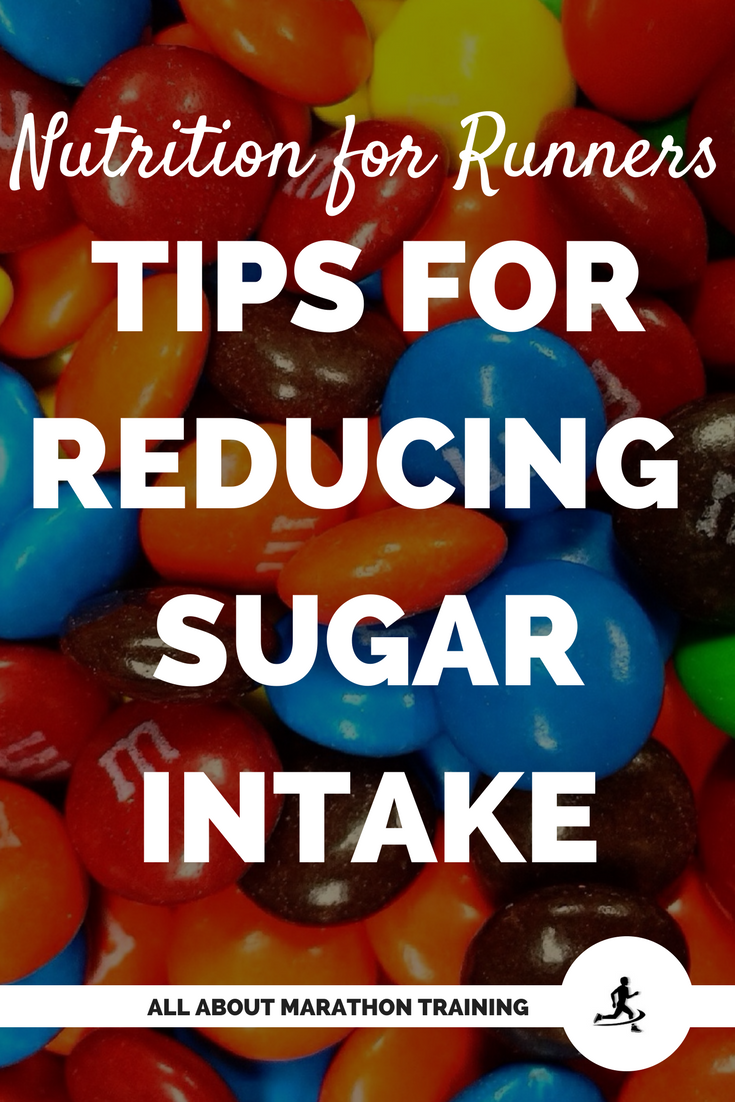
Take the time right now to watch this video on sugar! I think it will really motivate you to take action!
The first action step I recommend taking:
Track how many grams of sugar you eat!
Literally, look on the back of all nutrition labels or get on My Fitness Pal and and find out how much sugar is in the food that you eat!
Once you know if + how much sugar you are consuming you can start adjusting. But it starts with awareness!
Start today!
Eat Like a Marathoner - Nutrition for Runners Guide
The Ultimate Guide to eating and fueling for marathon training and racing success! + get access and develop your own personalized marathon nutrition plan to implement before your marathon with our 9 STEP Prep Plan!
Get access to the EAT LIKE A MARATHONER Nutrition Course here!
Pages Related to Nutrition for Runners:
👋Sign up to receive the free printable strength exercises for runners: 👇
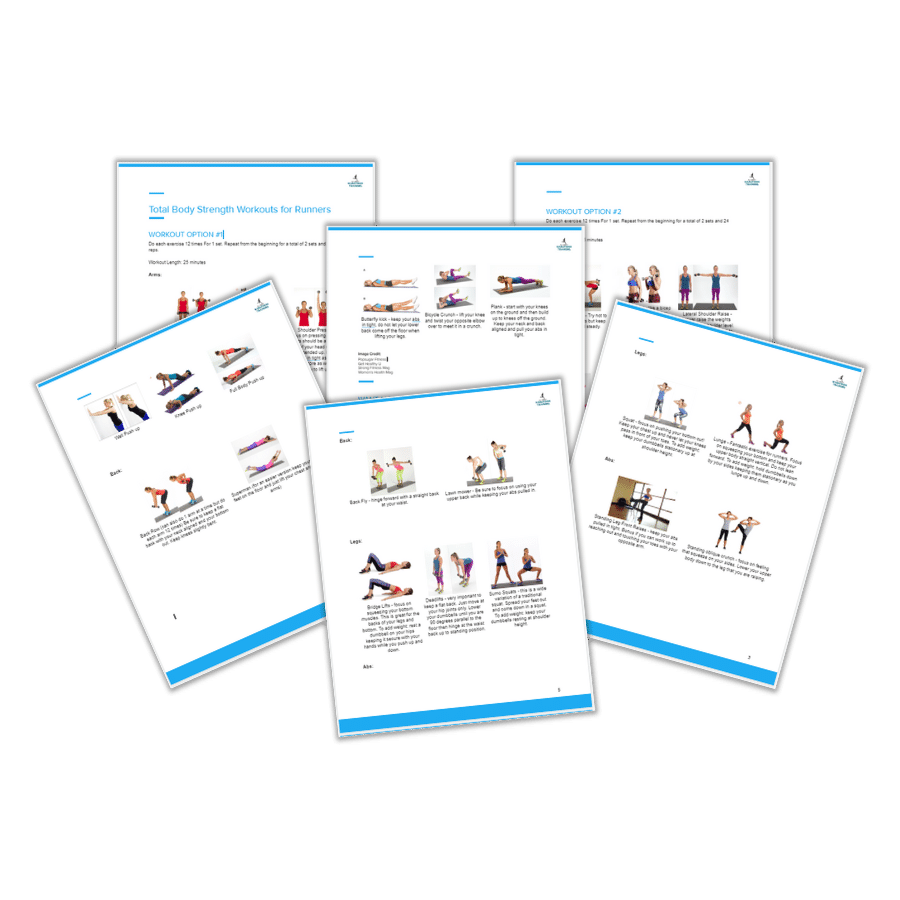 |
As featured on:

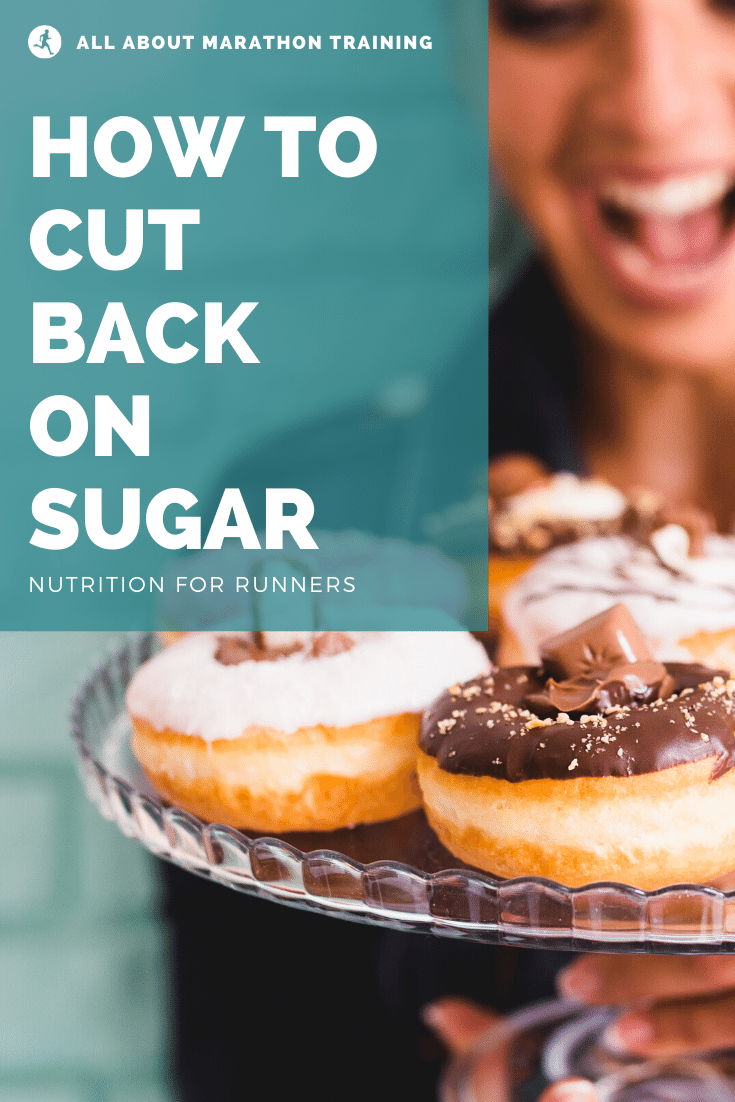
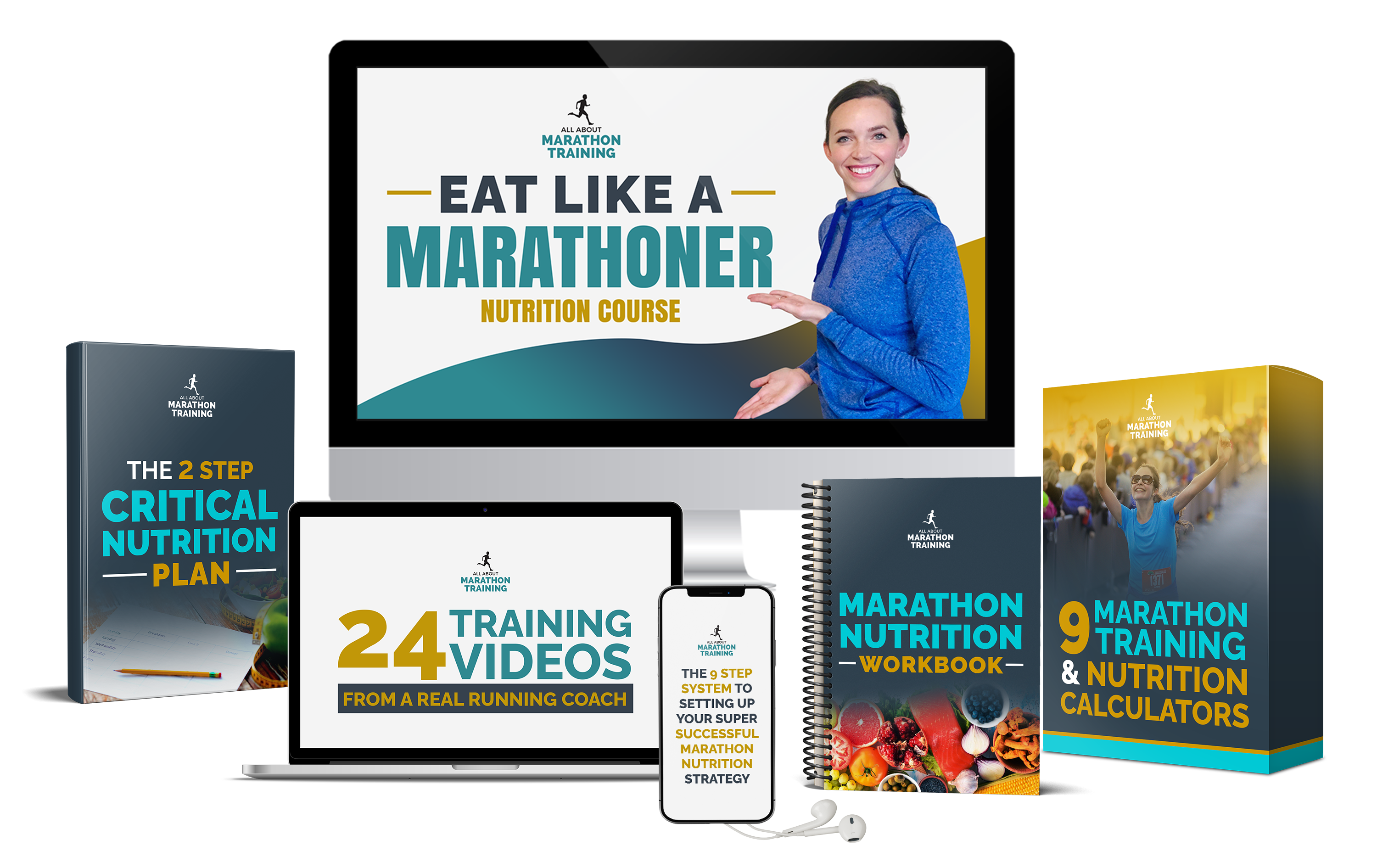
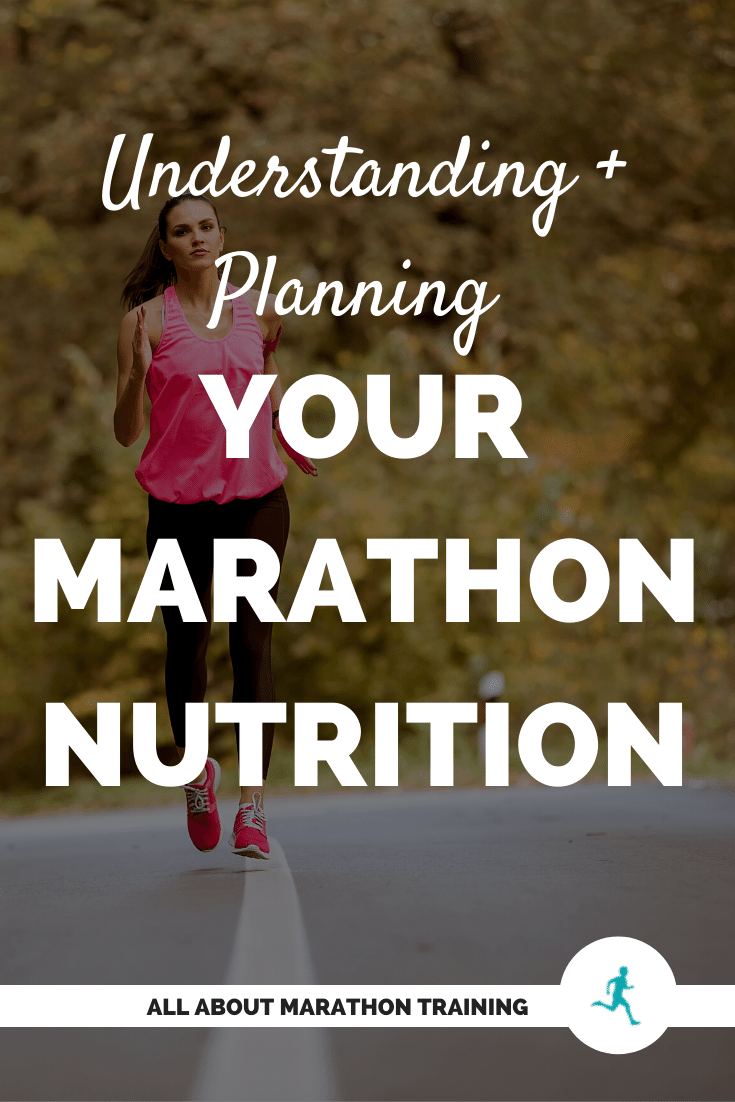
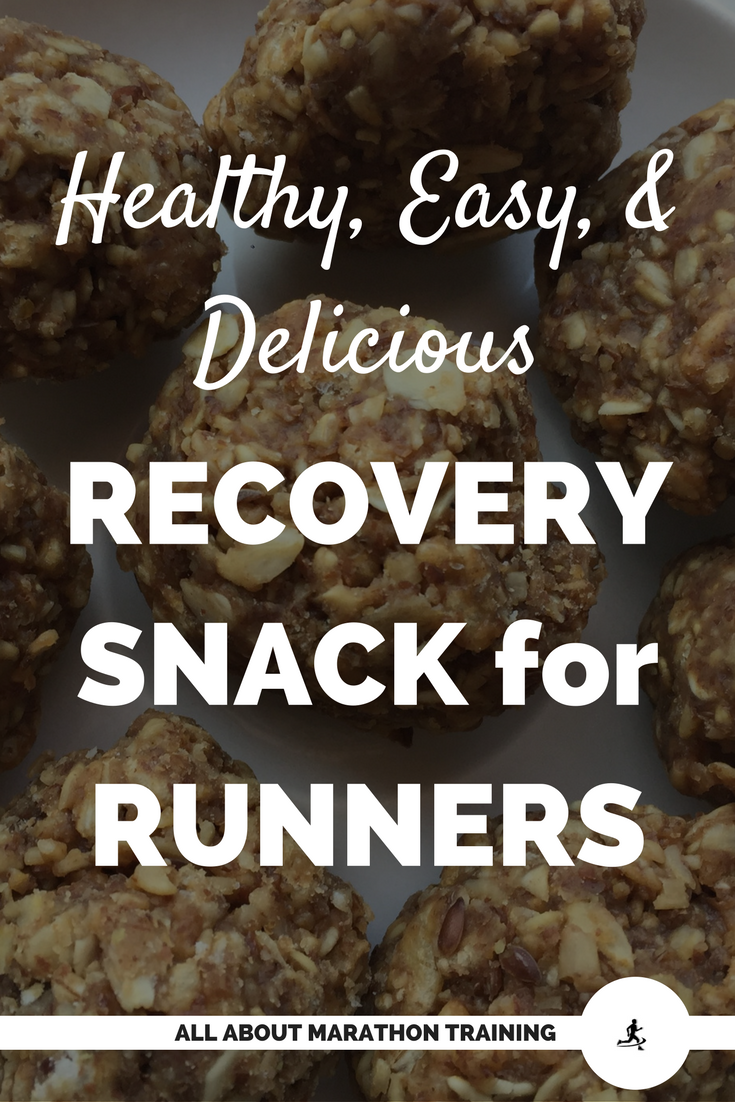
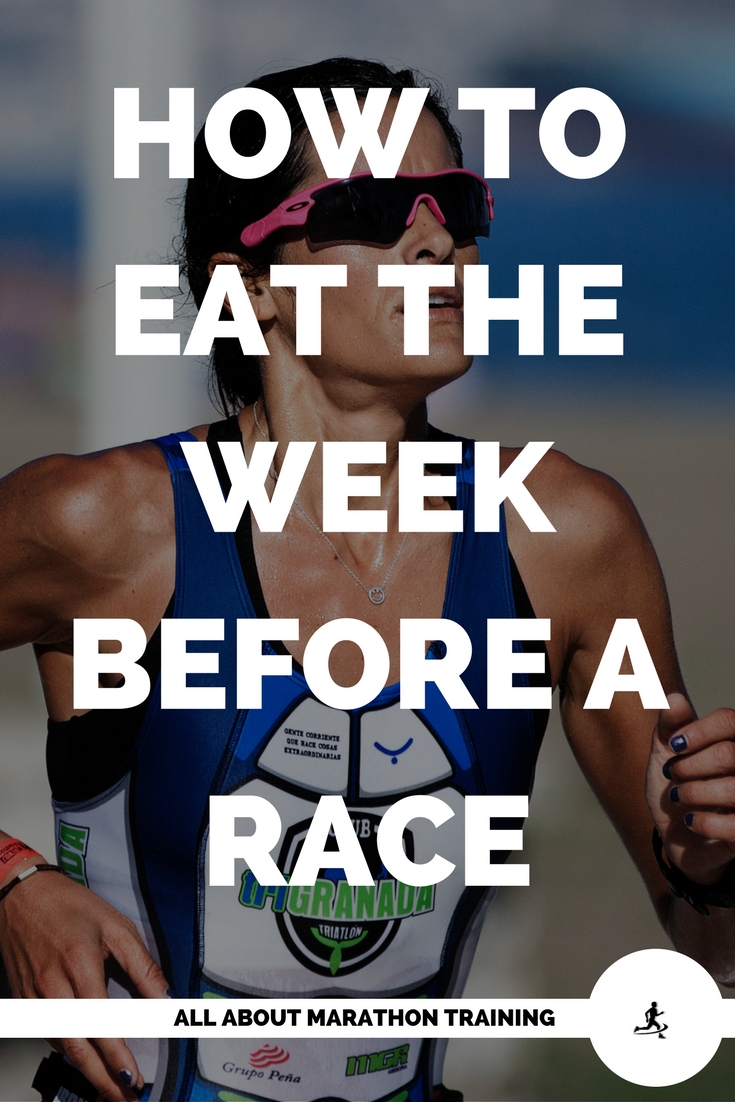
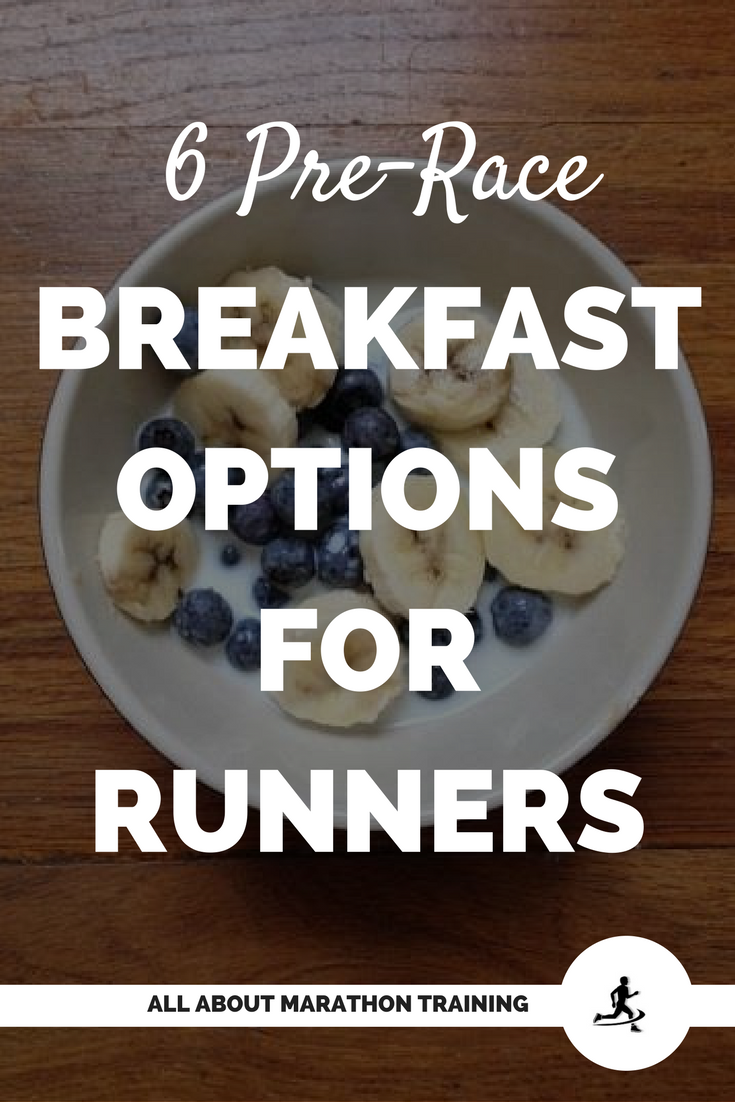

New! Comments
Have your say about what you just read! Leave me a comment in the box below.